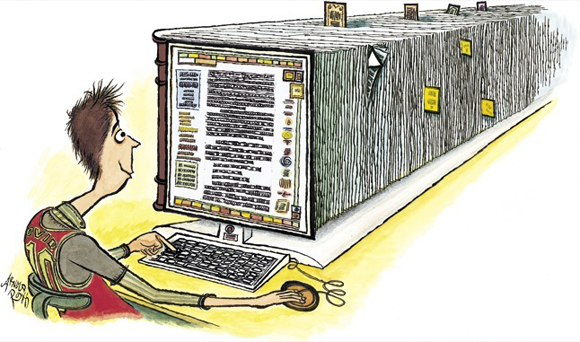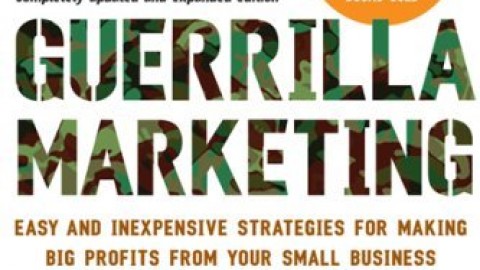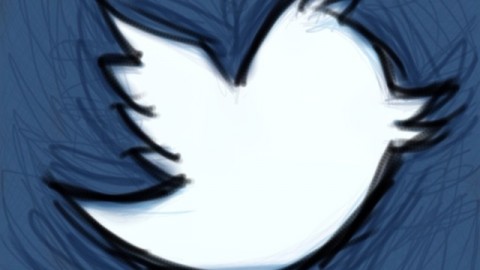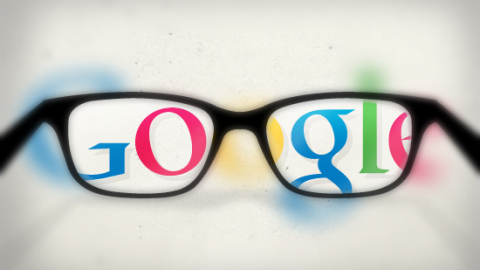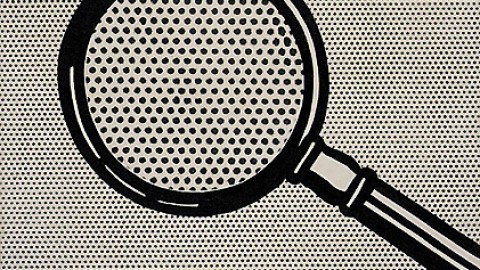The Internet has been buzzing this week about Google’s announcement that it will retire Google Reader in July along with a number of other products. Many of the products getting the axe make sense (Google Building Maker, Google Cloud Connect) as under utilized offerings that the company would want to pull investment away from. However, as anyone who spends a lot of time digging through online content knows, and outcry online proves, Google Reader is a valuable tool for a lot of people. Why pull the plug then? In a social media saturated world, Google has declared the RSS dead.
As this article from the New Yorker, our Social Pulse Resource video, and many users will point out, Twitter has now become a pseudo RSS reader. The same can be said for Facebook Pages Feed. The implications here are big for both consumers and creators of content. If you are a former Google Reader user, now is the time to start following your favorite bloggers, journals and publications on social media sites. If you are a blogger and not already pushing your posts out to Twitter, Facebook, Linkedin, etc. you should consider making the shift and letting your fan base know they can still keep up with your information. Changing behavior can be difficult, particular when its comes to process and productivity, but given the power and influence that Google has on the online world, it feels like it’s time to embrace social media and say goodbye to RSS for good.
Don’t want to lose all those sites you’ve curated in your Google Reader? Google Takeout promises to help you easily liberate your information from Google. If you aren’t quite ready to say goodbye to your reader and embrace social media as a new method of aggregation, the following suggestions may be suitable substitutes.
- Feedly. The homepage is certainly more attractive than Google Reader and it appeared to automatically pull some of my feeds into my account simply by being logged into my Google account when I accessed it.
- Newsblur. Looks and acts much like Google Reader for those wary of change. However, use is limited for free accounts. Unlimited use costs $1/month.
- Flipboard. A Pinterest-style, “social magazine” app for iOS and Android. Not great for those who like to dig through news on their desktop computer, but certainly a more aesthetically pleasing option for those who are on tablets or phones most of the day.
- Pocket. Not exactly a reader, but still an efficient bookmarking tool. The app lets you save and organize individual articles and posts so you can read them later (the app was formally called Read It Later for obvious reasons). You can add items to Pocket from emails, the web or over 300 other apps it integrates with. Your account is accessible from iPhone, iPad, Android, Kindle and your favorite browser.
Any other tips or tricks for organizing online content? Leave your suggestions in the comments.

